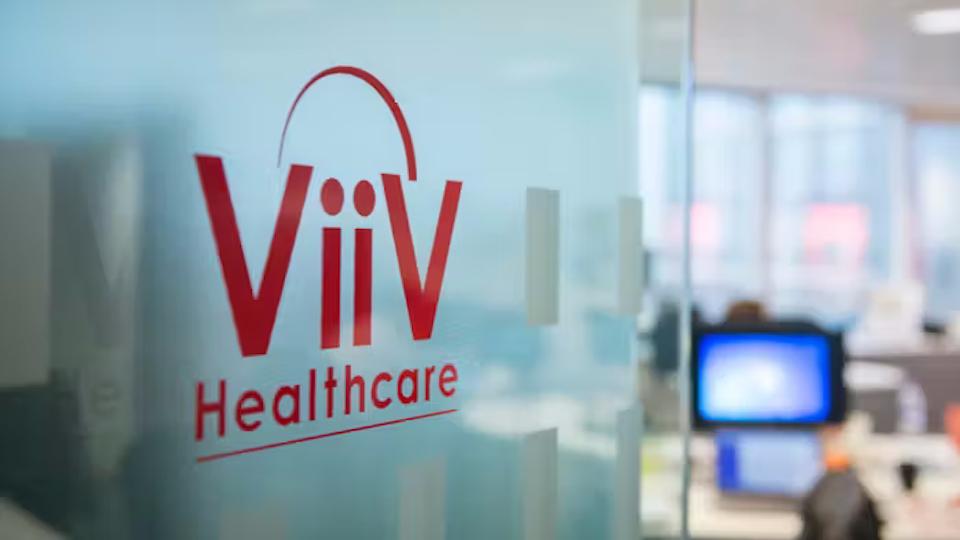Gilead's HIV success and controversy: Expanding access amid criticism

Gilead has grown to become a leader in the fight against HIV and has announced efforts to improve access to a new, highly effective medicine. However, Ben Hargreaves finds that the company’s role in the global HIV fight has been clouded by controversies over drug pricing, access, and allegations of profit-driven decisions.
Gilead started life as a start-up focused on antivirals and, less than 40 years later, is firmly established as a top 20 pharmaceutical company, by market capitalisation. Rumours emerged four years ago that there were discussions of Gilead and AstraZeneca eyeing a mega-merger that would have created one of the largest pharma companies in the industry. AZ was the driving force behind that potential deal, and the appeal of adding Gilead’s portfolio to its own was based on Gilead’s work to build its HIV business.
The therapeutic area has formed a backbone of sales for the company for years, with its first treatment in the area, Viread (tenofovir disoproxil fumarate), approved by the FDA in 2001. In second quarter financials, Gilead reported HIV product sales at $4.7 billion, representing nearly 70% of its overall sales for the quarter.
The company’s work has created major successes in the treatment of HIV; the development of pre-exposure prophylaxis (PrEP) emerged as a highly effective countermeasure to prevent the transmission of the virus. The company recently released phase 3 data showing that a twice-yearly treatment with lenacapavir was 100% effective in HIV prevention in cisgender women.
However, directly related to this success have been a number of controversies for Gilead. The people being treated for HIV are often among the most vulnerable, and the virus disproportionately impacts racial and ethnic minorities in the US. Outside the US, HIV also presents a major public health challenge across Africa, with thousands still dying as a result of a lack of diagnosis or access to treatments. As a result, Gilead making billions in revenue from treatments that are not available to all has created negative publicity for the company, especially when coupled with other practices, such as allegedly delaying access to safer treatments to extend profits from other treatments.
To counter accusations that the company has utilised its treatment to excessively profit from the global fight against HIV, Gilead recently announced that it would expand access to treatments through an agreement with six generic manufacturers. The action has been welcomed by many stakeholders as a step in the right direction, but there are suggestions that Gilead needs to do more.
The deal
The agreements with the six companies are referred to as voluntary licensing agreements, which allow the generic manufacturers to make and sell generic lenacapavir. Subject to regulatory approvals, the generic will be made available in 120 countries, which Gilead stated are high-incidence and resource-limited, being mainly low- to lower-middle-income countries.
Gilead explained that low-cost access to the drug will be delivered as a two-part strategy – providing the generic manufacturers a licensing agreement and delivering Gilead-supplied products at no profit until the manufacturers are capable of meeting full demand. The six manufacturers involved in the agreement are Dr. Reddy’s Laboratories Limited, Emcure, Eva Pharma, Ferozsons Laboratories Limited, Hetero, and Mylan, a subsidiary of Viatris.
Gilead explained that the decision to extend the licensing agreements was made in consultation with the HIV community. “Gilead’s strategy to enable broad access to lenacapavir for PrEP reflects input from more than 100 global health stakeholders. Through these discussions, four essential priorities have consistently emerged: delivering long-acting PrEP with speed, at sufficient volume to meet demand, at prices that enable widespread availability, and in coordination with partners on the ground,” the company stated.
Welcomed, with caveats
The pressure had been on Gilead to make the treatment more widely available from the moment the company could post positive clinical trial results. Médecins sans frontières (MSF), a humanitarian medical care charity, had called for lenacapavir to be made “affordable for all” in July. This statement emerged after data was released showing that a generic version of the medicine can be produced at a price point one thousand times lower than Gilead’s price of $42,500 per year.
Helen Bygrave, chronic disease advisor at MSF’s Access Campaign, stated at the time that, “MSF would be eager to start offering people lenacapavir in our medical programmes, but to do so, we need Gilead to license the drug to other producers through the Medicines Patent Pool in order to allow generic production and supply in all low- and middle-income countries.”
Gilead’s announcement effectively met the demands of this call. The response from aid and charity organisations was broadly positive. Winnie Byanyima, executive director of UNAIDS, a United Nations programme focused on HIV/AIDS, said that the treatment could be “game changing – if all who would benefit can access it.” She continued to welcome Gilead’s decision to license without waiting for registration, a move that “should be the norm.”
Similarly, AVAC, an international non-profit focused on HIV prevention, praised the decision by Gilead, noting that this reflects advocates’ calls to speed up access to PrEP options. The organisation also noted that the six manufacturers are based in three different countries, potentially accelerating global access.
However, the feedback was not universally positive, with UNAIDS outlining that the exclusion of many middle-income countries from the licenses is “deeply worrying” and “undermines” the potential of the treatment. AVAC also noted that some of the countries that hosted the clinical trials of lenacapavir are not included in licensed geographies, despite having significant HIV incidence.
A complicated relationship
The pressure being placed on Gilead by stakeholders in HIV prevention arrives after a number of controversies for its sales practices. As previously mentioned, the company agreed to pay $40 million to approximately 2,600 patients who developed kidney and bone disease while taking Truvada (emtricitabine/tenofovir) to settle allegations that Gilead had delayed access to a safer, alternative drug to ensure the continued profitability of Truvada. The drug also featured at the centre of legal proceedings between the US government and the company over patent ownership – with the Department of Health and Human Services arguing that it was negotiating with the company to reduce the cost of Truvada. There has also been a long-running campaign by PrEP4All, an organisation set up to improve access to PrEP medication, to address the high cost of such treatments and therefore the lack of access for certain communities in the US, which PrEP4All noted will remain the case with Gilead’s recent decision.
For Gilead, the recent move is undoubtedly one step towards improving access to HIV medications and a way of tackling the pandemic. On the other side of the coin, the action can be seen as a means of adjusting the company’s PR around profiting as a dominant player in the development of HIV treatments. In particular, the case this year of paying out to patients because of allegedly delaying a safer treatment is not a great look for a company that plays an important role in ensuring the safety of those living with HIV globally.
For the people that will gain access to the treatment as a result of the decision, the reasons behind the move will be of little importance, but pressure will remain for Gilead to continue to broaden access to its treatment, regardless of pricing and remaining patents.












